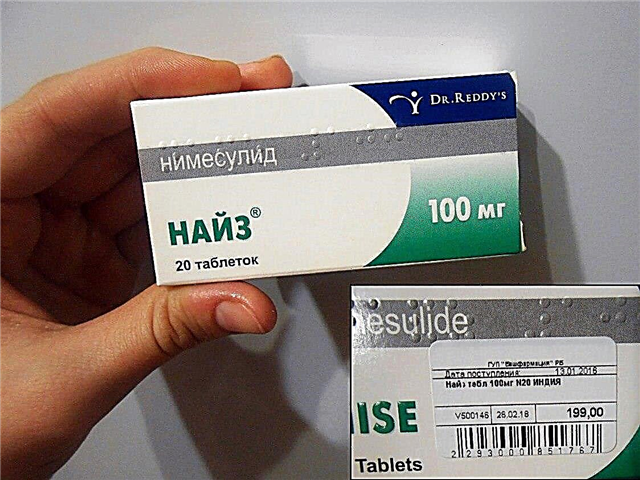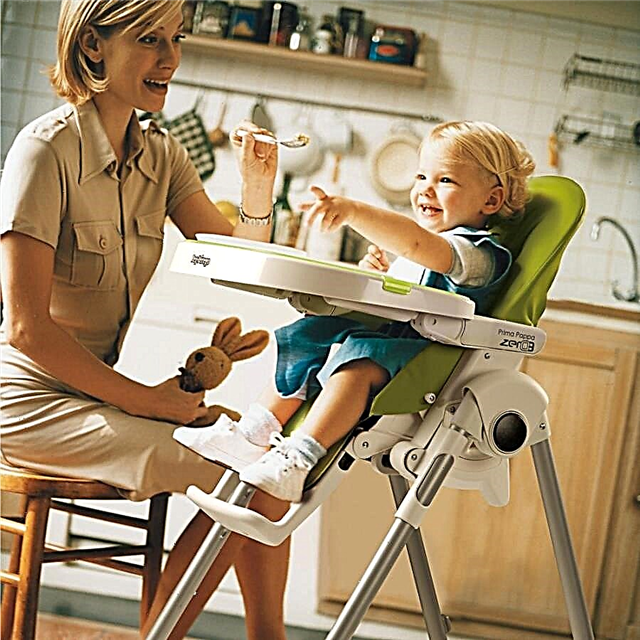Gas formation can be observed in all babies. It's just that some have more than others. This causes discomfort in the baby, while typical symptoms such as bloating, frequent belching, hiccups, excessive fussiness or anxiety, and tearful crying are noted. In this case, the doctor may recommend special medicines, for example, "Bobotic". What is this drug, and how safe it is for the baby, read on.
Gas formation in a newborn
Excessive gas production in a newborn or infant can be caused by several reasons, as there are different ways of gas entering the infant's digestive system.
Read a detailed article by your pediatrician about why newborn colic occurs and how to relieve the condition of children.

Gas begins to be produced in the gastrointestinal tract when the baby first receives breast milk or formula. Gas in a newborn is a normal by-product of the digestion of lactose, protein, and other nutrients.
Gas formation is generally not a problem and does not cause pain or discomfort, as gas easily and quickly passes through the digestive system. However, babies are born with immature intestines.
Most experts agree that for the first thirteen weeks of life outside the womb, the newborn's digestive system is literally just learning to work. The muscles that support the movement and digestion of food have not developed the proper rhythm (peristalsis) to move food.
In addition, newborns do not have representatives of the beneficial bacterial flora - probiotics that multiply over time. They are designed to aid digestion and supplement the work of enzymes in the digestive tract.
Gas moves, forming volumetric accumulations. Moving through the intestines, it acts as a congestion, inhibits or stops the movement of gastric juice, and the increasing pressure causes painful bloating.
A child's immature digestive system is not able to deal with this effectively. When gas pockets form in the stomach, it can cause distension of the stomach, which is the main cause of hiccups.
A baby's immature digestive system and recurrent gas production can certainly be a source of colic.
Belching of a child reduces the amount of air in the stomach, therefore, it does not pass into the intestinal tract. Unfortunately, this alone is not 100% effective in removing air, because belching does not affect the gas produced in the intestines during normal digestion at all.
Therapies to relieve gas
There are different physical therapies to help relieve gas:
 baby massage that will help the child release gas from the intestines. Simple stroking and light pressure on the tummy can help and soothe;
baby massage that will help the child release gas from the intestines. Simple stroking and light pressure on the tummy can help and soothe;- applying a warm diaper to the tummy;
- carrying a child in a column after eating.
And, of course, medicines will always come to the rescue.
You should consult your pediatrician before giving your baby colic medications.
"Bobotik" - life without colic
Drops "Bobotik" with the active ingredient Semiticone is a product used to relieve the symptoms of gas formation caused by swallowing air or eating certain foods. It inhibits the formation of foam that binds small gas bubbles in the stomach, allowing air to escape through belching.
 However, if larger clusters of bubbles do not grow fast enough, they have time to move down into the small intestine. And this is where the bloating and cramps are most painful.
However, if larger clusters of bubbles do not grow fast enough, they have time to move down into the small intestine. And this is where the bloating and cramps are most painful.
Bobotik admittedly has no effect on intestinal gas, which causes the most severe pain.
Due to the fact that this medication works by combining bubbles, for optimal operation it must be where the gas is, that is, in the stomach.
As a result, "Bobotik" is not a cure for colic that has arisen. For this reason, it should be prescribed prophylactically after meals and at bedtime to avoid gas entering the intestines, which adults know can cause the most painful symptoms.
Parental feedback indicates that this commonly used dosing regimen can be both expensive and inconvenient. If the excess air enters the baby's body outside of feeding, simethicone will have no effect.
Dosage
With increased gas production in the digestive tract and flatulence, children from 4 weeks of age to 2 years old can be given 8 drops (20 mg of simethicone) 4 times a day. For newborns "Bobotik" is not recommended.
Mode of application
Shake the bottle well before each use. Give this medication as needed or as directed by your doctor. This is best done after meals and before bed.
To give the child the correct dose of medication, the bottle should be held upright. The drug should be injected using a dropper stopper (pipette) towards the inner surface of the cheek, counting the prescribed number of drops. You can also measure the correct dose with a separate pipette and then combine with 30 ml of warm water, infant formula or juice. Mix well and give the solution to the child.
Thoroughly clean the pipette after each use and close the bottle tightly.
If your child's condition remains unchanged or worsens, or you think there may be a serious medical complication, see a doctor immediately.
Side effects
Although no treatment can claim to be completely safe, "Bobotic" for children is a relatively safe medication. Simethicone is not sedating and side effects are rare.
 However, tell your doctor if your baby has any discomfort while taking this medicine. An allergic reaction to "Bobotik" is rare. If you find any signs of allergy while taking the drug, tell your doctor about it.
However, tell your doctor if your baby has any discomfort while taking this medicine. An allergic reaction to "Bobotik" is rare. If you find any signs of allergy while taking the drug, tell your doctor about it.
Precautionary measures
Before giving Bobotik, tell your doctor if your child is allergic to the drug. This medication contains excipients that can provoke allergic reactions or other complications.
Drug interactions
"Bobotik" can reduce the absorption of preparations containing thyroid hormones. If you are giving your child medication to treat hypothyroidism, take it at least 4 hours before or after Bobotik or any other drug containing Semiticone.
Contraindications
Bobotik is contraindicated for up to 28 days of a baby's life, and it should not be taken if there is intestinal obstruction, hypersensitivity to the ingredients in the preparation.
Overdose
If the child has an overdose and there are dangerous symptoms - loss of consciousness or shortness of breath - call an ambulance.
Missed dose
If your child is taking this medication on a regular schedule and misses a dose, give Bobotik as soon as you remember. If the time is approaching the time of the next dose of the drug, skip the dose and return to the usual dosage. Don't double your dosage to make up for it.
Storage method
Store at a temperature of 15-30 degrees in a dry place, away from heat and light. Do not freeze. Do not store the medication in the bathroom.
Keep all medicines out of the reach of children and pets.
Bobotik is a non-prescription drug. It is produced in the form of a viscous opaque syrup from white to creamy color with a fruit scent. The average retail price is 256 rubles.

 baby massage that will help the child release gas from the intestines. Simple stroking and light pressure on the tummy can help and soothe;
baby massage that will help the child release gas from the intestines. Simple stroking and light pressure on the tummy can help and soothe;

